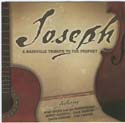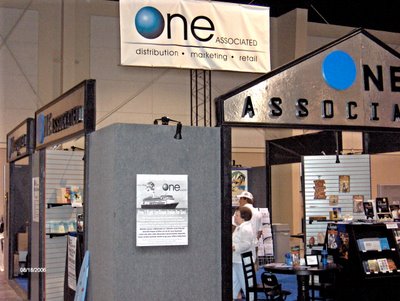You own the copyright to your work. I would guess that most publishers have a clause in their contract that covers this. If they don’t, ask them to add it. You want your contract to explicitly state that you own the copyright to your work.
Current copyright law states that copyright goes into effect the moment your work appears in any fixed form. That means you are protected from the time you write your first sentence. It would seem that given this, copyright ownership is a no-brainer, but there are a few legitimate exceptions:
- a work for hire, where you are writing a book according to the specifications of another person or company. In this case, they, not you, own the copyright.
- a work where you are the ghost writer for another person, or writing an “as told to” book.
- a series of books written by multiple authors but published under a pen name or company name. Copyright status varies on this–sometimes the author owns it, sometimes the company that authorizes the series owns it.
- a work where you write the text, but someone else creates the layout and that layout provides a significant uniqueness for the book (possible examples: student workbook , textbook, cookbooks, puzzle books, etc.) Sometimes in this situation, there will be a shared copyright between the author and the publisher.
Just to be clear, have copyright ownership spelled out in the contract.
And speaking of copyrights, you do not need to plaster a copyright notice across every page of your manuscript submission, nor do you need to mail your MS to yourself. Legitimate publishers do not steal MS ideas. However, if either of these actions makes you feel better, go ahead and have at it, but it’s really not necessary.
Also, you do not need to register the copyright on your work until it is published. Often your publisher will do that for you. If they do, it should be in their contract. If it’s not, ask them if they will do it or if you should. If they don’t, you need to send two copies of the published work (publisher should provide these free of charge), $45 and a completed application to the Library of Congress (click here for details).
For self-publishers: you own the copyright, hands down. Register your work as soon as it comes back from the printer. Copyright is never an issue between you (publisher) and the distributor, so it may or may not be mentioned in the contract. If you’re using a vanity press or POD, make sure that in your contract with them, it is spelled out very clearly that YOU own the copyright to YOUR work.

















